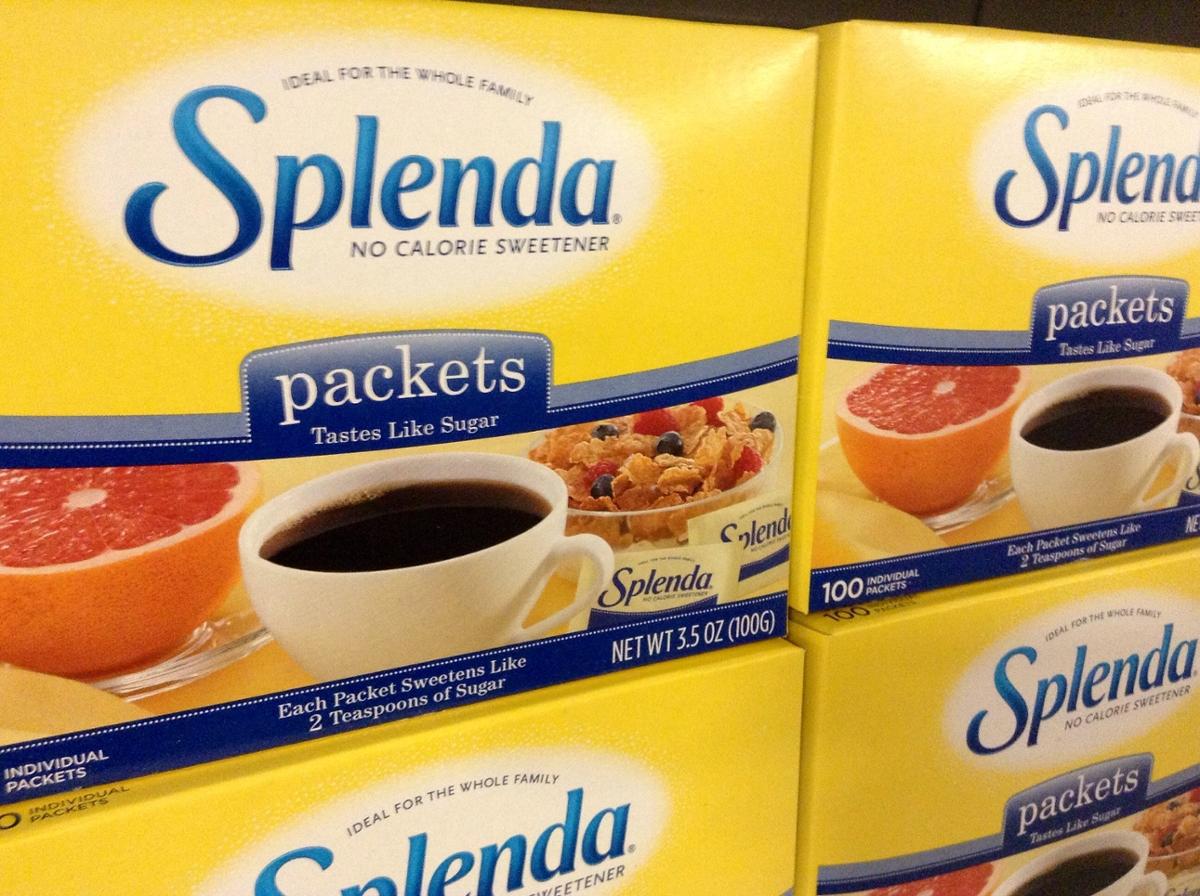Y: Don, I love that shirt. And your hair--have you done something different?
D: Thanks Yaël, but why are you being so sweet?
Y: Well, in honor of today's show on artificial sweeteners, I thought I'd act artificially sweet! That tie is fabulous!
D: You're laying it on a little thick!
Y: Yes, but that's what happens with artificial sweeteners too. Saccharin and Sucralose, which is also known as Splenda, are hundreds of time sweeter than sugar. And aspartame, also known as NutraSweet, is about one hundred and sixty times sweeter. That means that one teaspoon of aspartame is the same as one hundred and sixty teaspoons of sugar. This sweetness is why you can add aspartame to your food without adding calories.
D: Wait a minute, Yaël. You're confusing two issues here. The first is how sweet a substance tastes, and this has to do with how well the molecules that make up this substance chemically bind with the sweet taste receptors in our mouth. The second is the amount of energy released when we metabolize, or digest, this substance, and this is measured in calories. So the reason saccharin and sucralose have no calories is because our bodies don't metabolize them.
Y: True. But when we metabolize aspartame, it breaks down into chemicals that have a caloric value.
D: But diet soda is sweetened with aspartame and has no calories.
Y: That's where the degree of sweetness comes in. Because aspartame is one hundred and sixty times as sweet as sugar, you only need to use a fraction of the amount of sugar you'd have to use otherwise. This amount is so small, it's insignificant in terms of calories.
D: Sweet!
Y: You said it.










